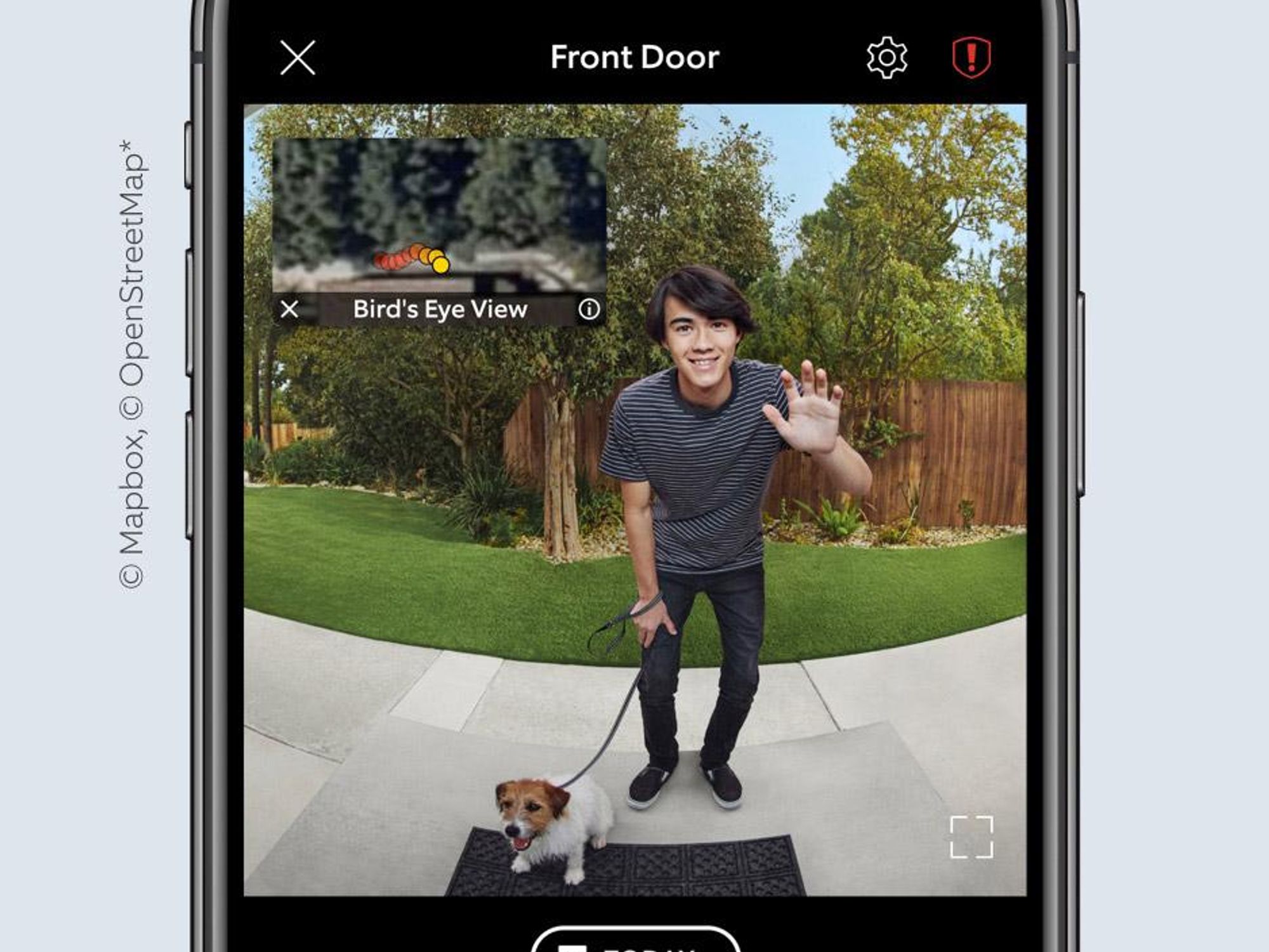LA Has Enough Parking Spots for All of Manhattan. This Startup Wants to Make Them Easier to Find.
Though Los Angeles drivers might spend hours per week searching for parking, the truth is that the city actually has an abundance of parking spaces. In fact, according to one study, L.A. has enough parking spaces to cover all of Manhattan.
Alex Israel, CEO of Venice-based Metropolis Technologies, decided it was time to make use of more of that space for purposes other than storage of inactive vehicles. It’s perhaps a surprising point of view, considering Metropolis is the developer of an automated payment platform for parking facilities.
However, Israel said the technology offered by Metropolis will make parking more efficient, eliminating the need for excess spaces that go unused for most of the day.
“[Parking] is never the highest and best use for land,” said Israel. “Lots of that land can be repatriated by the community, for parks and for community centers.”
Israel said space that remains in use for parking could in the future become much more actively utilized, as more electric and autonomous vehicles and micromobility devices hit the market.
“Think about the cleaning, servicing, charging and deployment [of vehicles],” he said. “Someone will need to convert the infrastructure to empower all future modes of mobility.”
Rethinking Parking's Use of Space
How does Metropolis fit in with all this? The company’s technology allows drivers to access parking facilities without obtaining a ticket or paying at a booth or kiosk. Vehicles registered in the company’s database can simply go in and out; the owner’s credit card is charged automatically.
For most users, the system’s appeal will mainly be its convenience. But Israel said the real-time information gathering necessary to make the payment platform usable will be a tremendous asset to parking lot owners and operators, who can get a better sense of how to maximize the value of a given parking facility.
“We look at a [parking] facility and we say, ‘it’s only occupied 35% of the time; how do we fill it?’” said Israel. “Maybe we can deploy vehicle charging [stations] or micrologistics or the staging of vehicles for a delivery service.”
Israel said that parking lots and garages are ideal locations for such uses. A major obstacle to that vision is property owners, who currently have no way of knowing the capacity of specific lots in real time. With a database of parking structures constantly being updated with information about available space, Israel said Metropolis is in a position to facilitate more efficient uses of these facilities by sharing occupancy information with a wide range of potential users.
To that end, the company last month announced a partnership with Uber Technologies which will allow users of the Uber app to enter their license plate information in order to park at garages that employ Metropolis' platform.
Israel said Metropolis is pursuing similar arrangements with a wide range of partners—from scooter companies to delivery services—in order to ensure facilities are being used to maximum potential.
Pointing to studies showing that drivers cruising for parking constitute as many as one-third of all drivers on the road in urban areas, Israel said that making parking facilities more efficient and visible to car owners could also alleviate traffic congestion by making it easier and more convenient to pull into a lot or garage rather than circling around looking for street parking.
Democratizing Parking Data
Juan Matute, deputy director of the UCLA Institute of Transportation Studies, said the most straightforward way to cut down on congestion is by ensuring fewer cars are on the road in the first place. Still, he notes that new technology like that offered by Metropolis has a role to play in eliminating some of the most obvious and wasteful impracticalities associated with parking.
“These apps are addressing the issue where you only know about parking you can see,” said Matute.
In dense areas like downtown Los Angeles, a parking spot can feel impossible to locate. In fact, Matute said, parking in the area is abundant, but much of it is concealed in garages where pricing varies considerably.
“From the street you can’t see onto level five of a parking structure,” said Matute. “This contributes to a perception of scarcity. Even if 70% of spaces in a district were available, if all the on-street parking and the first floors of lots were full, it could make someone think ‘oh, there can’t be any parking'.”
If real-time occupancy data and pricing information from parking facilities was widely available, it could make drivers more likely to fill spots that are now underutilized due simply to the fact that drivers don’t know about them.
Matute said making parking facilities more convenient for drivers to access could also make it possible to convert more on-street parking to other uses, like outdoor dining, curbside pickup and delivery and bike and scooter storage.
“Those are great uses for on-street spaces,” said Matute. “The urban planner’s dream is to have all that in the curb zone, and put any car that’s staying more than 15 minutes off-street.”
In order for this to work in practice, however, parking and transportation apps must be able to offer a wealth of information to drivers, Matute said. For Metropolis, that means ensuring its platform is used in as many parking facilities as possible.
Israel said the company’s technology is already being used in close to 300 locations, and agreements are in place for it to be adopted at 600 facilities nationwide.
That’s far from ubiquitous, but the company only publicly launched in February, after spending a little over three years in stealth mode. With more than $60 million raised to date, Israel said the focus for the company is now on scaling up and expanding to new locations.
There may be some growing pains along the way. In November, Los Angeles Times columnist David Lazarus criticized the company’s user data collection policies outlined in its app and speculated that the startup’s eventual aim could be to sell valuable user location and browsing data to advertisers.
Israel said Metropolis collects user data necessary for the functionality of its service and that drivers do not have to download the app in order to park at facilities using its payment platform. The company does not sell user data to advertisers and has no plans to do so, he added.
Instead, said Israel, Metropolis generates revenue through contracts with parking lot owners and through collection of service fees charged at some facilities.
Israel said this will continue to be the company’s business model for the foreseeable future, as it looks to continue bringing new facilities into its system in the year ahead.
“This has been a massive year for growth,” said Israel. “It’s really such an exciting time to be part of the mobility landscape.”
- Bill Payment App Papaya Raises $50 Million To Pay Your Parking ... ›
- Metropolis CEO Alex Israel on Parking's Future - dot.LA ›
- Papaya Makes Paying Parking Tickets Easier - dot.LA ›
- Metropolis Raises for Its Automated Parking Payment Tech - dot.LA ›
- Metropolis Raises for Its Automated Parking Payment Tech ›
- Here's How To Get a Digital License Plate in California - dot.LA ›



